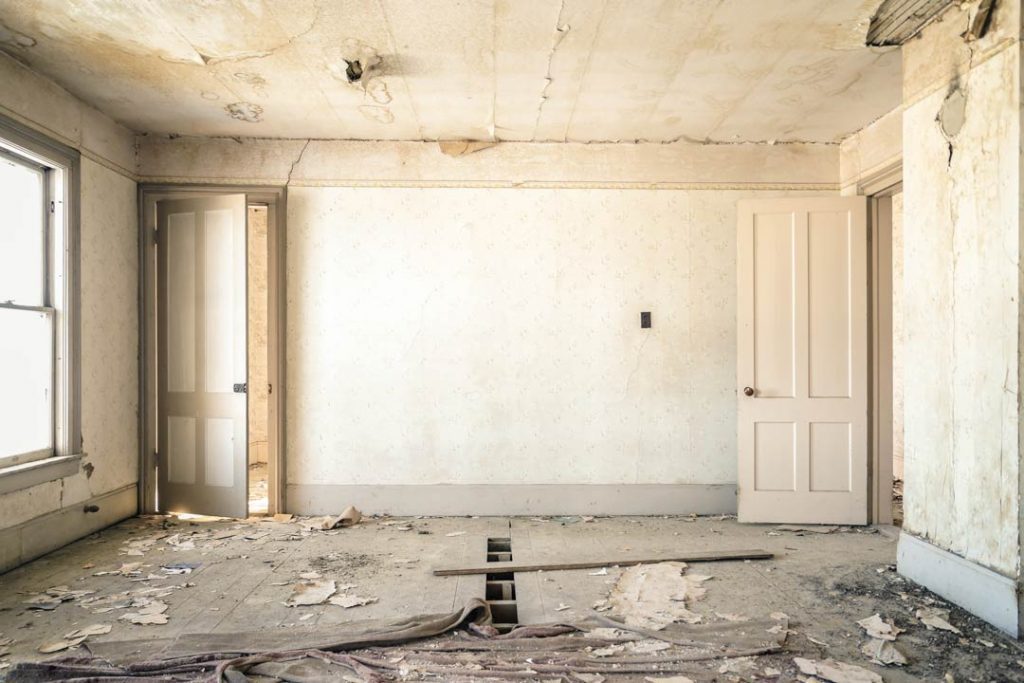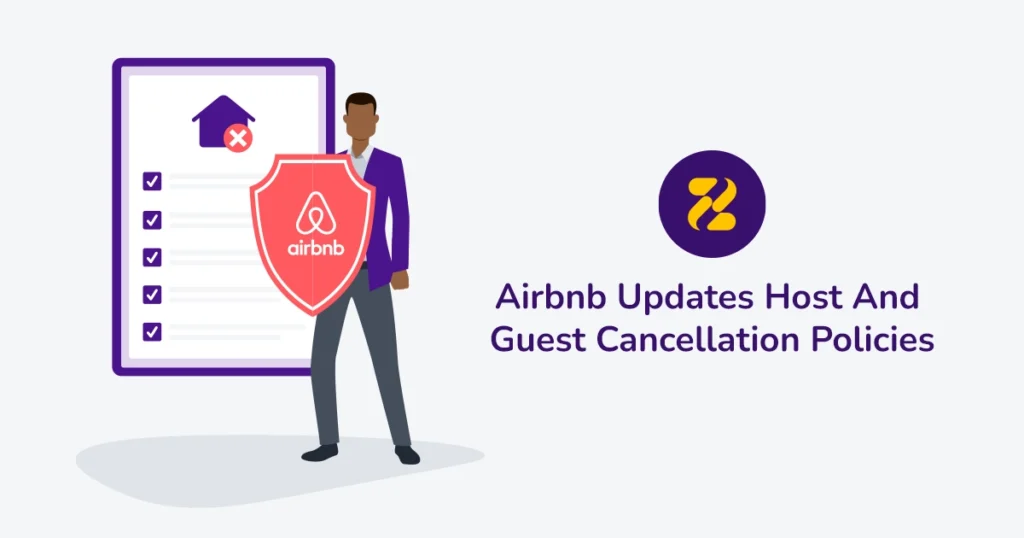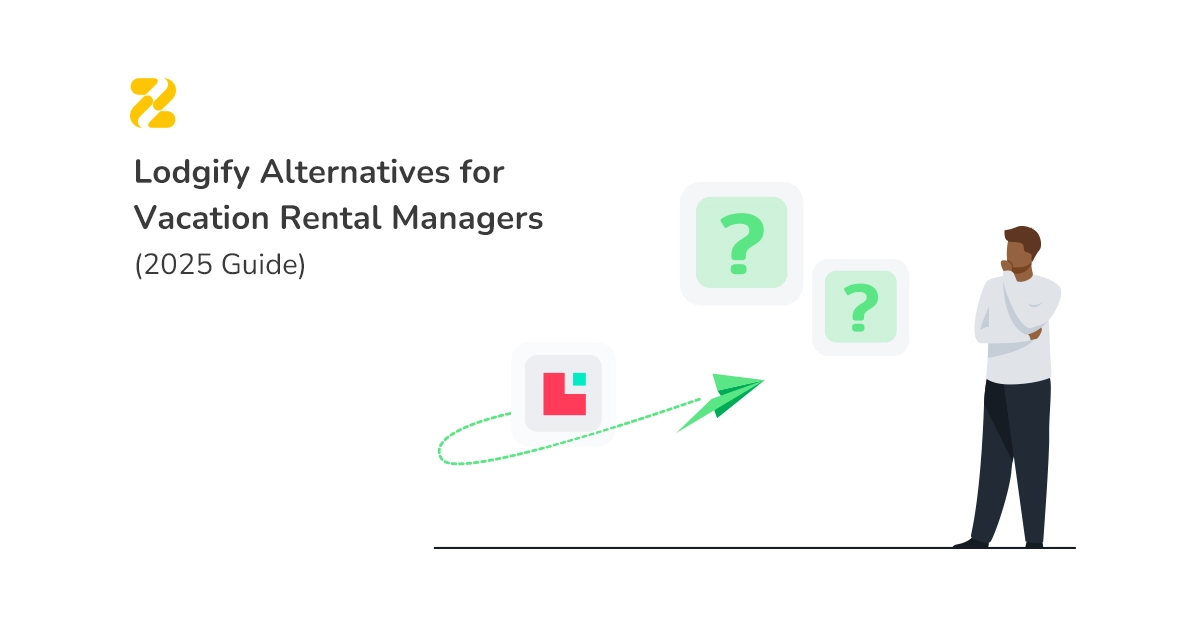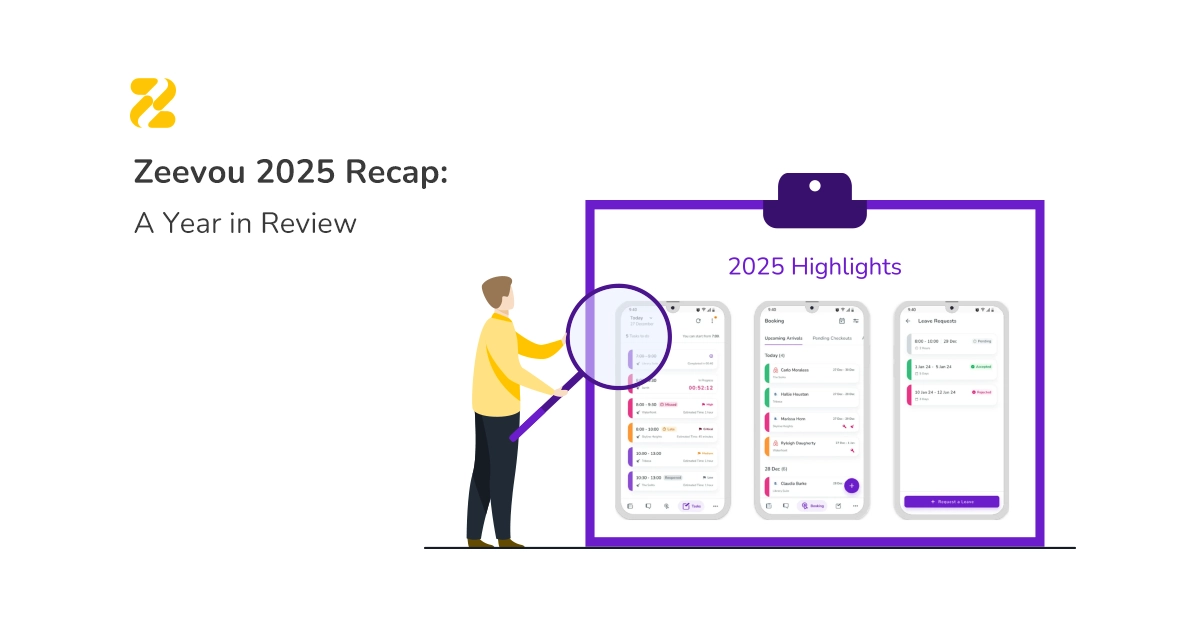Alison and her friends were planning a week-long trip to Torraca, Italy. They booked a three-bedroom home with a swimming pool for $2,200. However, a few days before their trip, they discovered that their host had cancelled the Airbnb due to a family emergency.
With flights already booked, Alison had no choice but to find another property at short notice. At that time, a similar Airbnb for four adults would have cost at least $500 per night.
When they contacted Airbnb, the company suggested booking a new property and promised to cover the difference. In the end, however, Airbnb provided only a $550 credit for a future booking, leaving Alison and her friends out of pocket by $1,150 due to the host cancellation. Understandably, their experience left them frustrated and wary of last-minute changes.
Stories like Alison’s are far from unique. Many guests report last-minute host cancellations on social media and guest forums, often without alternative accommodation or compensation.

To rebuild and strengthen trust across its platform, Airbnb has updated both host and guest cancellation policies:
- For hosts: stricter penalties are intended to discourage avoidable cancellations that disrupt guest plans.
- For guests: new policies standardise refunds and reduce last-minute booking disruptions.
These changes reflect Airbnb’s ongoing effort to protect confidence in bookings while maintaining fairness for both sides of the community.

Table of Contents
New Host Cancellation Policy
Previously, Airbnb charged USD 50 for cancellations made more than seven days before check-in, and USD 100 for cancellations made less than seven days before check-in.
Under the Updated Host Cancellation Policy, hosts now face cancellation fees ranging from USD 50 to USD 1,000 for preventable cancellations, calculated as a percentage of the total reservation cost (including nightly rate, cleaning fee, and any pet fee, but excluding taxes and guest fees).
Key rules:
- Reservations are treated as last-minute cancellations if the property is uninhabitable due to safety or health risks, missing amenities, inaccurate descriptions, or similar issues.
- Cancellations block the host’s calendar for those dates.
- Repeated cancellations may lead to account suspension and loss of Superhost status.
Hosts can apply for exemptions if the cancellation is for a valid, unavoidable reason, such as:
- Emergency repairs (e.g., gas leak, burst pipe)
- Severe personal illness preventing hosting
- Guest intention to break house rules (e.g., parties)
- Declared emergencies, natural disasters, or government travel restrictions
Proof must be submitted to Airbnb Community Support for review.
New Guest Cancellation Policy (Effective 1 October 2025)
Airbnb has also updated its guest cancellation options.
Policy Being Retired
The following guest cancellation option will no longer be available:
- Full refund within 48 hours of booking if made more than 14 days before check-in
- 50% refund of the accommodation fee up until one week prior to arrival
New Default Policy: “Firm”
Any listing using the retired policy will be automatically migrated to the Firm policy:
- Full refund up to 30 days before arrival
- 50% refund up to one week before arrival
- Non-refundable within the final week before arrival
This policy provides a clear and consistent approach, balancing guest flexibility with host stability.

What Do Hosts Think of This New Update?
Airbnb’s recent cancellation policy changes have sparked mixed reactions among hosts, as seen on forums and social media:
‘Weren’t old penalties threatening enough?’
Some hosts feel that Airbnb’s increased penalties for host cancellations—now ranging from $50 to $1,000—are excessive. They argue that these measures disproportionately favor guests and may push some hosts towards more host-friendly platforms.
‘Making some changes is necessary.’
Many hosts are adjusting their rental strategies to adapt. Some are shortening maximum stay lengths, since a three-day booking carries far less risk than a two-week booking.
Others have turned off Instant Book when calendars are not fully up to date, although this can increase the risk of double bookings. Maintaining accurate, detailed listings and keeping calendars regularly updated are also common strategies to avoid heavy cancellation fees and preserve Superhost status.
‘Mistakes can occur.’
Some hosts use reliable channel manager to prevent double bookings and minimise cancellation risk. However, smaller hosts sometimes find the cost of these tools prohibitive and may even consider listing exclusively on Airbnb to simplify management.
‘Can Airbnb customer service make fair decisions?’
The Resolution Centre decides whether a cancellation qualifies as unavoidable. Many hosts remain sceptical about this process, fearing it may favour guests over hosts and leave them liable for penalties even when circumstances are genuine.

Conclusion
Airbnb has strengthened both host and guest cancellation policies to reduce last-minute disruptions and maintain trust in its platform:
- Hosts face stricter penalties for avoidable cancellations, but may be exempted for valid emergencies.
- Guests benefit from clearer refund rules under the Firm policy, effective 1 October 2025.
While these updates may feel strict, they aim to balance fairness, encourage reliability, and prevent situations like Alison’s story.
If you were Airbnb, how would you prevent last-minute cancellations and ensure both hosts and guests meet their commitments? Share your thoughts in the comments.




